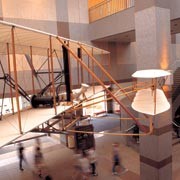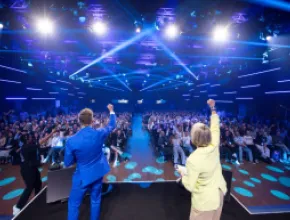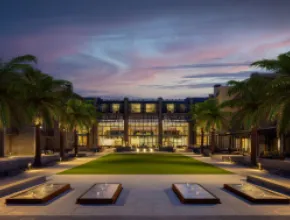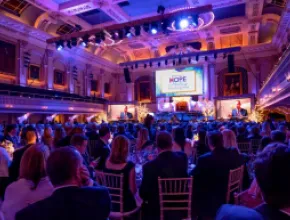If you were a destination and wanted to garner more meetings business, what would you do?
Raleigh and Wake County, N.C., have several answers, including a billion-dollar downtown renaissance that’s adding the new 500,000-square-foot Raleigh Convention Center and 400-room Raleigh Marriott City Center this fall.
Of course, more infrastructure requires more staff—especially frontline employees, says Loren Gold, executive vice president of the Raleigh CVB. And new and existing employees need to be on the same customer-service page, he says, so Raleigh’s hospitality community has initiated “Customer Care for the Hospitality Industry” training to accomplish the mission.
“We felt we could not just build it and expect meetings groups to come here,” Gold says, “because the market is very competitive. So about a year ago, we brought some of our hospitality partners to the table to discuss how we could train frontline people. This training is not just for customer service, but also for destination education, so they can know what’s going on in the community that’s of interest to visitors. We also wanted to encourage young people coming out of our hospitality training programs to remain in the community to fill jobs that are coming on-line.”
The mission, according to Gold, has three legs: customer care, destination education and job placement. Wake Tech Community College, the CVB and the North Carolina Restaurant and Lodging Association have cooperated in creating the curriculum, which is being delivered by the staff of Wake Tech Hotel and Restaurant Management.
Central to the training are role-playing segments that teach hospitality workers how to react in real-life experiences—especially difficult situations that can raise emotions. Trainees learn, for instance, how to lower the volume when a customer is angry, shouting or using profanity. Trainees learn not to be defensive, but how to respond to maintain control.
Because Raleigh expects an influx of more international visitors after the facility ramp-up, the training also includes diversity components to guide trainees in how to interact with people from different cultures. They learn that making eye contact and shaking hands when welcoming are not universal customs, and they learn how to explain things using visual cues, something that is universal.
“We have the goal of distinguishing Greater Raleigh as a leader in providing exceptional customer service,” Gold says, “so it will ultimately become a benchmark for other leisure and meeting destinations.”
Hospitality leaders felt they needed a baseline course to get everyone out of the gate, he says, with the objective of putting at least 150 people through the program by the opening day of the new convention center. People from all sectors of the industry will be included—transportation, restaurants, hotels, public facilities, and attractions—so everyone operates off the same page.
Raleigh’s leaders want their city to surprise visitors, says Julie Campbell, director of sales for Embassy Suites/Raleigh-Durham Research Triangle.
“We want to exceed our guests’ expectations,” she says, “to be more welcoming and to give them more than they expect from us. We are a unique state capital with a collegiate environment and lots of highly educated and culturally sophisticated people. With our new and revitalized downtown, we are ready as never before to service groups with national and international delegations. And we are honing our skills to deliver service excellence to our meetings groups.”






